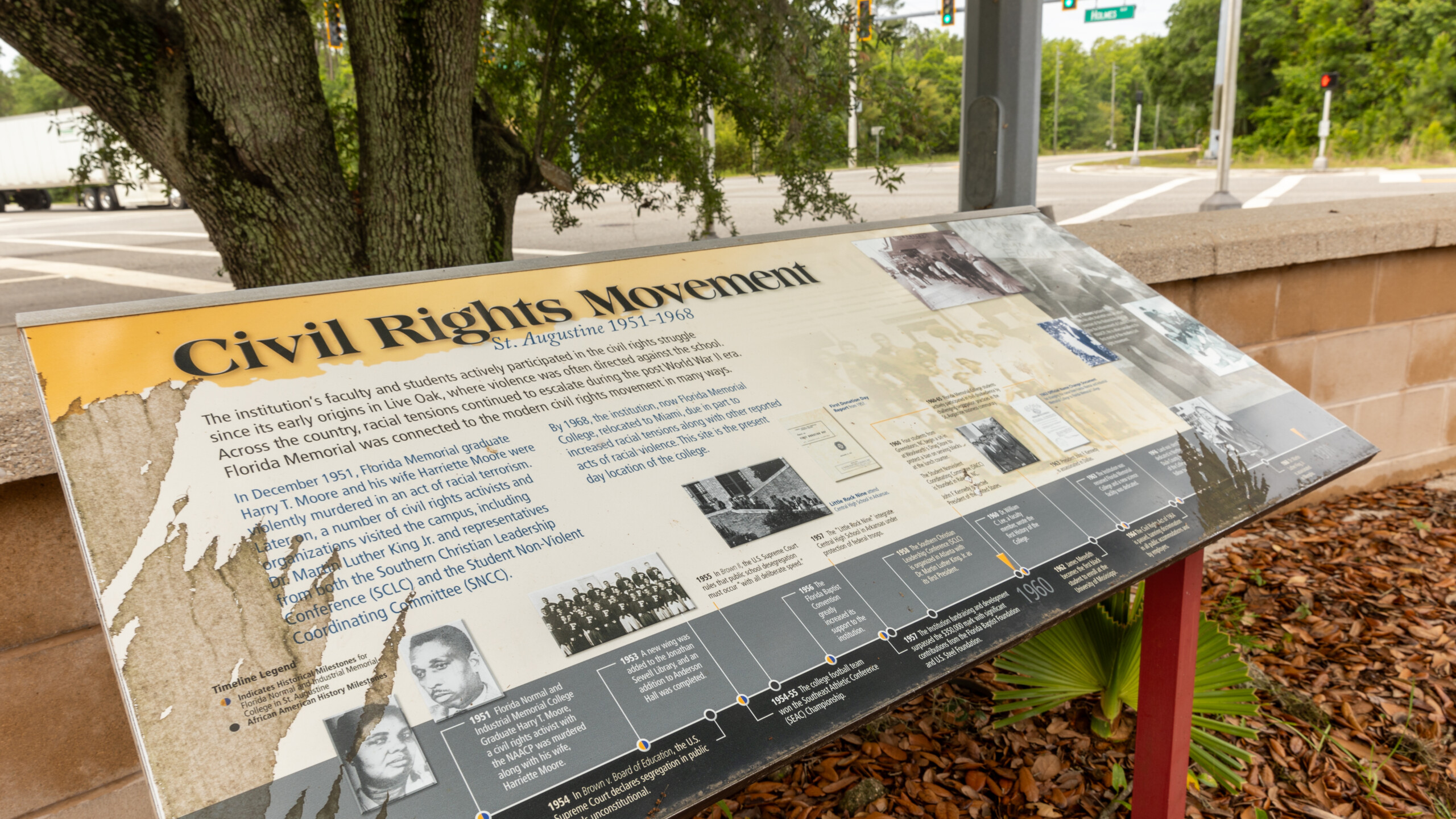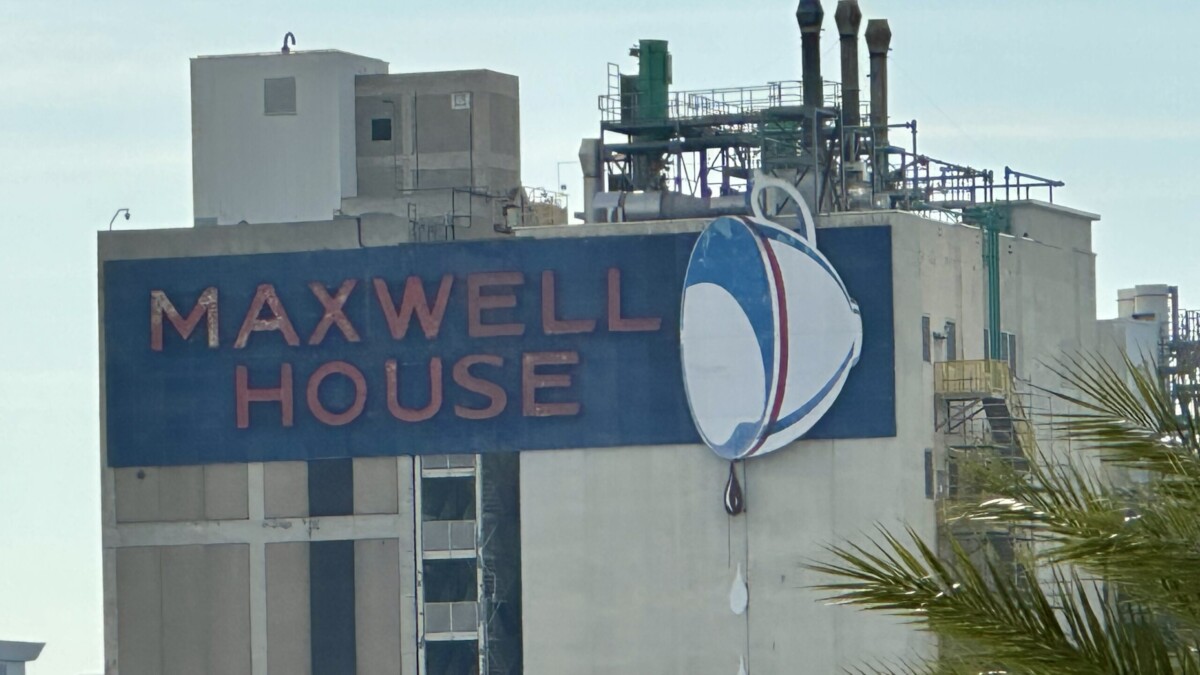While legislators in Tallahassee continue to lock horns over the state’s budget, a measure to back the creation of a state-run Black history museum in St. Augustine has fallen by the wayside.
Two years ago, Gov. Ron DeSantis signed a bill creating a task force to select a location for a state Black history museum. Last summer, that task force selected the former home of Florida Memorial College in St. Augustine as the museum’s future site.
The next step was sending a bill through the Legislature to DeSantis’ desk codifying that decision into law.
But the bill hit a snag.
“It flew through the Senate without a problem,” Sen. Tom Leek tells Jacksonville Today. “Everything went just as planned.”
Leek represents St. Johns County and parts of Putnam, Flagler and Volusia counties in the Florida Senate. He sponsored the Senate version of the bill to instate the location of the museum into Florida statute, but the measure needed to pass the state’s House of Representatives too.
“The House refused to give the bill a single hearing,” Leek says.
Now, both bills are listed on the state government’s database as “indefinitely postponed and withdrawn from consideration.”
That came as a surprise to Howard Holley. He sits on the nine-member task force DeSantis created to chart a course for the Florida Museum of Black History.
“There was really almost no one who thought this would be problematic. I thought we had a very good bill. We had a unanimous vote in the Senate and the House in ‘23,” Holley says. “And so it seemed to me as if this would go through. However, I’ve learned that there is very little predictability in politics.”
Holley isn’t sure why the House didn’t support the measure as readily as the Senate did, but he’s committed to drumming up support when the bill gets another chance in the Legislature next year.
“There’s a lot going on in Tallahassee, a lot going on in the House,” Holley says. “For reasons I certainly can’t put my hand on — and many others I’ve spoken to can’t either — it didn’t go through. But we’re not giving up and we remain optimistic that we’ll be successful..”
Leek says the House’s focus on tightening the state’s belt when it comes to spending was likely the sticking point. The state government has extended its legislative session well beyond its originally scheduled end to give legislators more time to pass a state budget.
The bill’s failing to pass the Legislature is a disappointment, Leek says, but it doesn’t mean the museum is dead.
All the Legislature’s bill would have done was codify the Black history museum into state law, he says, allowing the state to select a board to oversee the institution.
“They can still do everything they were going to do before,” Leek says. “We were just going to legitimize the museum through statute.”
County Administrator Joy Andrews says St. Johns County certainly isn’t planning to sit on its hands for the next year.
Like Holley, Andrews is optimistic — optimistic that a request for $1 million in state funds for design and planning will make it to St. Johns County.
That request has so far been OK’d by the Legislature, but DeSantis ultimately gets to go through the state budget line by line and choose which appropriations requests to veto.
If the request isn’t vetoed, Andrews says, the county intends to spend the next year working hard to lay the groundwork for the new museum.
Without that $1 million in funding from the state, though, Andrews says the entire operation would grind to a halt until next year’s legislative session.
“We have to wait for the state to essentially break the ground on the planning,” she says.
It’s less about the money as it is about what the money represents. Andrews says she doesn’t think she could recommend the county move forward with just money its own funding and funds from local private funders.
“It’s not because we aren’t committed,” she says. “It’s because you change the direction from a state concept to a local concept.”
Asked whether he thinks the bill has a better shot of being approved by the legislature next year, Leek says he isn’t sure yet.
“Pay attention to the political dynamics,” he says. “I suspect I will bring it back either way.”







